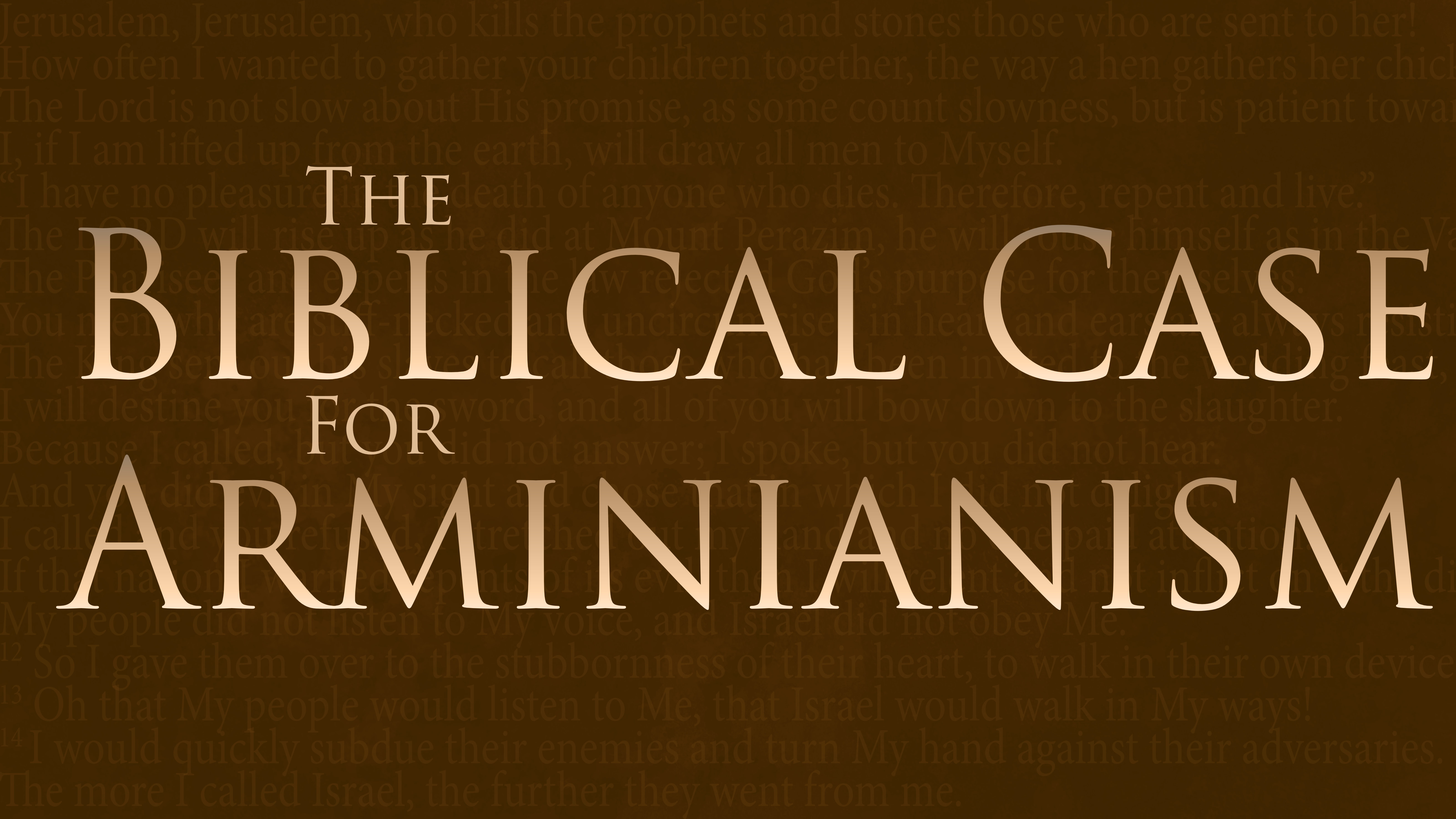

Bare minimum of what I would really like to cover in regard to Arminius’ conception of duplex amore Dei (i.e. Their discussion of each of these topics include valuable. McCall render a valuable service to readers by outlining the main points of Arminius’s theology under three headings: God and Creation, Providence and Predestination, and Sin and Salvation.
Arminius Theologian How To Whittle This
Black The Protestant preacher and scholar John Calvin is responsible for Calvinism. Similarly, Carl Bangs wrote, To manyhe is an enigma ( Arminius: A Study in the Dutch Reformation Eugene, OR: Wipf & Stock, 1998, 18).Jessica F. Stephen Gunter.4 Cameron lamented, Arminius is a largely misunderstood theologianfrequently assessed according to superficial hearsay (Arminius, 213). I am really having a hard time knowing how to whittle this down, much of what I am going to provide will just be straight quotation of Arminius from his Declaration of Sentiments, and then maybe some commentary from his translator W.
God is characterized by justice, which produces a hatred for sin, and God is characterized by his “love for humanity” as creatures endowed with reason…. He starts where his opponents start, with Legal Theology in the pre-fall situation, logically irrespective of Christ’s saving work. I will quote Gunter’s lead into Arminius, and then we will hear directly from Arminius.Oint nineteen is a tightly woven sustained argument exhibiting a fine example of Arminius’ scholastic inclinations. McCall render a valuable service to readers by outlining the main points of Arminius’s theology under three headings: God and Creation, Providence and Predestination, and Sin and Salvation.We will jump into the discussion that involves Arminius Legal Theology. Arminianism was created by a Dutch theologian, Jacob Arminius, who was raised and taught under the influence of Calvinism.In Jacob Arminius: Theologian of Grace, Keith D.
This implies that God’s love for justice is the more excellent of the two however, love for the creature abounds, except where the love of justice would prohibit its expression. The love that God extends to humanity cannot come into play unless it is permitted by God’s love of justice. It is important to keep this in mind, even as we see how Arminius weaves his notion of the duplex amor Dei:A mutuality exists between those two kinds of love.
The consequent of this is that for Arminius, God’s own life is shaped and given co-inherence through a relation of Law and Justice and thus not a conception of God as Triune, ‘personal’, self-giving love. For Arminius, then, God loves His justice more than He loves creation. In the divine dispensation, this salvation would not be possible unless it was God’s will to allow an abundant scope for his love toward the creature under God’s judgment, to the extent this is permitted by his justice (p. The abundant place for divine love is clear because God condemns no person for any reason other than sin, and God saves the multitudes of humanity who are converted from sin. Had this been the case, God would have manifested a stronger aversion to the eternal misery of the creature than to the creature’s disobedience. God clearly demonstrates this love relationship in the original created order however, this does not imply that God’s love for the creature supersedes his love for justice.
At the same time, the foundation for the latter kind of faith, one that dares to believe that God will undoubtedly reward those who diligently seek Him, is that great love for humanity which neither can nor will prevent God from effecting salvation for the sinner—unless God be hindered by his greater love for justice…. Note Arminius: This prioritizing of justice is the only adequate protection against carelessness. Law becomes the control that leverages the continued obedience of the sinner, and thus salvation and relationship with God continues to be shaped by God’s ontological character as a Lover of Justice, more than a Lover of the Person. So Law is always the orienting pole of salvation, and then the subsequent Love for the sinner.
As corollary with Arminius’ conception of God’s love of justice as primary, this becomes the rule by which humanity sustains their salvation, and it becomes the motivation for personal holiness fear of damnation. Beyond that, what this also demonstrates is that Arminius suffered from a terrible case of, at least, semi-Pelagianism. What this illustrates, though, is the utter contingence that God’s own life and then subsequent relation to His creation has on Law/Justice (and the voluntarism therein). 126-28) Okay, so this aside has gotten a little out of control. Any doctrine, therefore that is in open hostility to this twofold love and to the relationship that mutually exists between them, subverts the foundation of all religion.

For a believer is elected to participate in salvation, a sinner is elected to faith. For I confess that the grace by which the Holy Spirit is given, is not common to all men I also confess that the origin of faith can be said to be gratuitous election of God, but it is election to bestow faith, not to communicate salvation. Really?Here is nothing in that reasoning of Calvin that I cannot heartily approve, if all things (in it) are rightly understood.


 0 kommentar(er)
0 kommentar(er)
